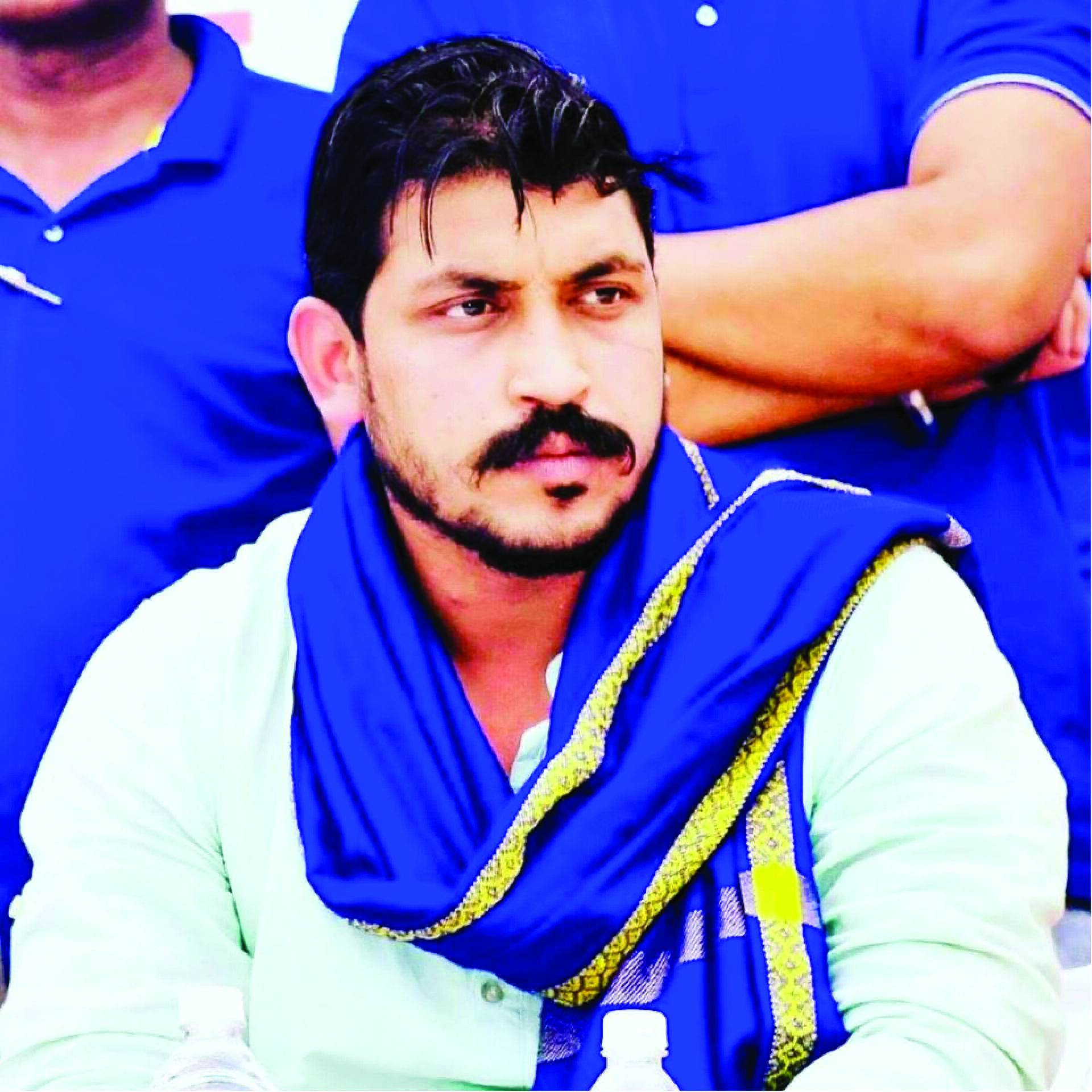NEW DELHI: Chandrashekhar Azad Ravan, a prominent Dalit leader and the founder of the Bhim Army, is seen to be an emerging Dalit leader in Uttar Pradesh after his resounding victory in Lok Sabha elections, which he contested from Nagina.
The party, according to leaders close to Azad, is on its way to expand its political base.
There are around 120 assembly seats in western Uttar Pradesh. Housing, according to political observers, atleast 15 percent Dalits in each constituency, Azad’s focus would be to initially target such seats where his target voters are in good numbers. The state has around 21 percent Dalit population. A leader associated with Azad said that Azad would try to lay and strengthen the political network on around 25 assembly seats in western Uttar Pradesh. So that when the assembly elections of 2027 are impending, he can actively mobilize political support, on grounds of his social work focusing on social justice, Dalit empowerment, and the rights of marginalized communities.
Moreover, the Mayawati’s politics is seen to be fading as she couldn’t win even a single seat out of the 488 seats she had contested countrywide in the 2024 Lok Sabha elections. This has demotivated a huge chunk of BSP’s rank and file and would be looking for switching sides, according to political leaders. Also, it is for the first time in several decades that the party does not have any representation in the Parliament. It has created a vacuum for her type of politics, which is mostly to address ‘Bahujan Samaj’. The party also saw a drop of half of its vote share from around 20 to less than 10 percent. Therefore, given Azad’s focus on social justice issues and his ability to connect with grassroots movements, he is considered to play a potential role in shaping the political landscape in Uttar Pradesh.
A political analyst based in western Uttar Pradesh Aditya Rathi, “He is connected to the ground level and his stature of being a Dalit leader is gradually increasing not only among Dalits but among other minorities as well. And talking about whether the other two dominant parties in the state, like BJP and Samajwadi Party, will allow him to flex his political muscle and spread out is to be seen. However, he won’t stop because of anyone, because he is not being brought up by any political leader, he is not a dynast.”
Rathi added, “He has reached here from the bottom, and there is no good emerging orator than him, Dalit youth is connected with him. And those Dalits, who are educated, think Mayawati has stopped representing them, so he will only go forward, he will only progress. Moreover, he doesn’t work on Dalit tagline. He works as such that people of all walks can associate with him. Also, he is now a Parliamentarian, so the value of his words has increased.”
However, other political analyst suggest that the greater electoral success for Azad in Uttar Pradesh can be challenging as the state’s ecosystem is politically competitive, and is also known for its complex caste dynamics and intense political rivalries.

